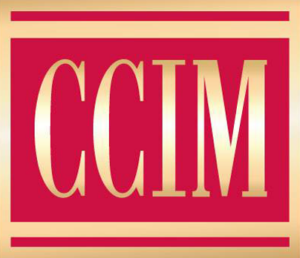A career in commercial real estate (CRE) brokerage can be incredibly rewarding, but not always. This potential attracts many young, ambitious professionals to the industry, but before long reality sets in. Realizing lucrative financial rewards takes time, and, even then, success is not guaranteed. Up to 80 percent of new CRE brokers leave their firm or the brokerage profession entirely within their first two years.
Looking back on my own first years in the industry, I owe my perseverance to two things: strategy and focus. Here are five questions with commentary to maximize your odds of success as a new CRE broker and help you maintain those two essential elements.
Am I at the right firm with the right people?
This includes both the firm you choose to work with and potential mentors. Does your firm have a supportive culture and training to foster your development? Have you found a mentor who will invest the time to identify your strengths and weaknesses and help you grow professionally? A mentor who not only teaches you but compensates you fairly for your efforts (commission splits) can be invaluable when getting started.
How strong is my prospecting?
Prospecting is more than a useful skill. Commit to it as your primary source for business development. Develop a variety of tactics and cadences. You can focus by geography, product type, or client type (tenant, landlord, investor, etc.). Just stay consistent and targeted.
Is my project pipeline sufficient?
Even if you are currently on track to meet your target income for the next 12 months, your pipeline may not be sufficient. It actually needs to be three to five times larger to account for unknowns (for example, projects falling through, deals being canceled or lost, or timelines being delayed). Don’t risk missing your target because of something beyond your control.
Who can I help, and who can help me?
Both parts of that question are equally important. Go farther together! As a team, you will accelerate your learning and market penetration and have a broader combined schedule/calendar and skill sets to offer your clients. You will also hedge pipeline and income risk by participating in a larger basket of projects. Just make sure that you negotiate fair splits of both the work and the compensation.
Am I building a network?
You must go where your target clients are. That could be trade or industry associations, local chambers of commerce, or nonprofit organizations where potential clients serve. Get to know both your target clients’ communities and your own.
Bonus: How will this client help me reach my goals?
This extra question comes with a warning: Choose your clients wisely.
The highest probability transactions come from committed clients (i.e. those who will sign exclusive representation agreements) with time-sensitive needs. Beware of “zombie clients” with open-ended desires. They are often extremely comfortable burning your time and gas without committing to you as their exclusive agent. Even if they do commit, they will not make timely decisions or they will constantly move the goalposts.
In short, stay focused and be strategic. You are setting the course for the rest of your career. Make sure you are navigating a road that leads to long-term success.





